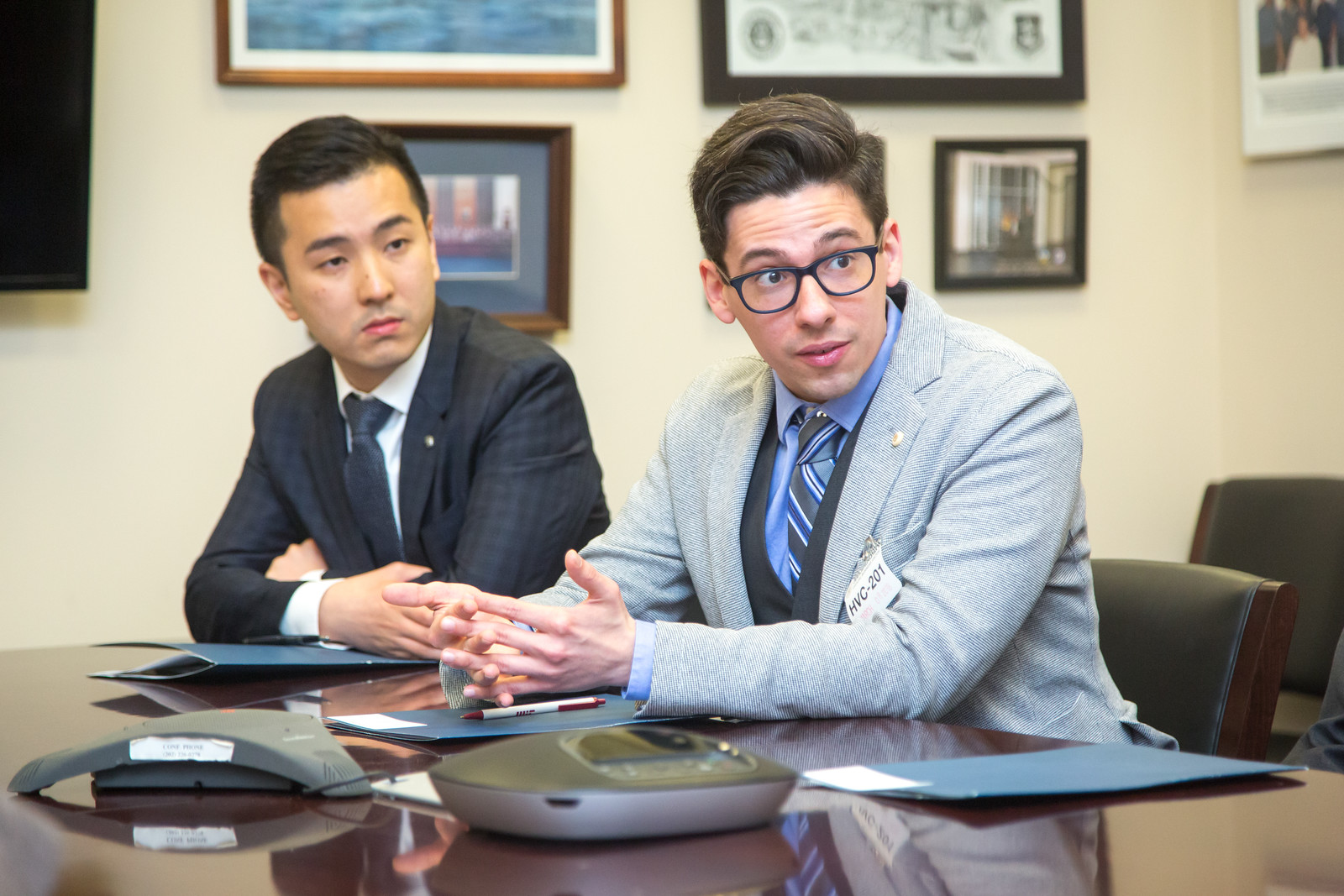
Advocacy Best Practices
By connecting with your lawmakers — whether it be virtually or in-person — you can inform their decisions surrounding biomedical research funding and other policies that affect your work.
Advocacy Best Practices
Decisions made by policymakers have a direct impact on your research.
-
Why Your Advocacy Matters
By uniting our voices, we can help to advance neuroscience priorities and scientific discovery. Join fellow advocates today in advocating on behalf of the field.
-
Identify and Contact Your Policymaker
Connecting with policymakers is simple and effective. This best practice will help you to identify your policymaker and locate his or her current voting records to inform your discussions.
-
Make Effective Storytelling Your Advocacy Ally
The key to successful advocacy is sharing a concise and compelling personal story about your research. Learn the elements of effective policymaker communication to craft your narrative.
-
Letters: A Powerful Advocacy Tool
Personalized emails are an effective advocacy tool. This resource will help you to craft emails that tell policymakers how neuroscience research improves public health and the economy.
-
Calling Your Policymaker's Office
Directly calling your legislative office is a great way to share your stance on a specific topic. This best practice walks you through the conversation.
-
Scheduling and Conducting Virtual Meetings with Policymakers and Staff
NEW: Continue your advocacy efforts by holding virtual meetings with your policymakers and their offices. Learn how to set up and conduct your next virtual congressional meeting.
-
Scheduling Meetings with Policymakers and Staff
Holding meetings with your policymaker’s office assists in relationship building, which can help your story to stand out. Learn how to schedule and prepare for your next congressional meeting.
-
Advocating in Washington, D.C.
Policymakers in D.C. have intimate knowledge of the legislative process and know how to assist you in your advocacy efforts. Learn how to prepare for your D.C. meeting to ensure that your asks are clear and succinct.
-
Advocating in Your State and District
Local offices focus on constituent relationships and are more readily able to address specific concerns. You can leverage their local knowledge to establish relationships that prioritize medical and health research policies in Congress.
-
Sharing Your Views at a Town Hall
Attending a local event to connect with your policymaker can raise the profile of neuroscience priorities. This best practice provides resources to help you stay informed of local events and prepare for your next meeting.
-
Hosting a Lab Tour for Your Policymaker
Invite your policymakers to your lab to help them to better understand the scientific process, which will go a long way when making a policy ask. Follow the scheduling steps and tips in this best practice to make it a success.
-
In-District Roundtables
Host an in-district roundtable with a small group of your colleagues to introduce policymakers to information that is important to you. This best practice will show you how to plan and carry out a meaningful event.
-
Leveraging Your Local Media
You’ve advocated — now share it with your community! Connecting with your local media helps to amplify the impact of your efforts. In this best practice, learn how to draft opinion pieces and connect with the press to be their go-to subject-matter expert.




















